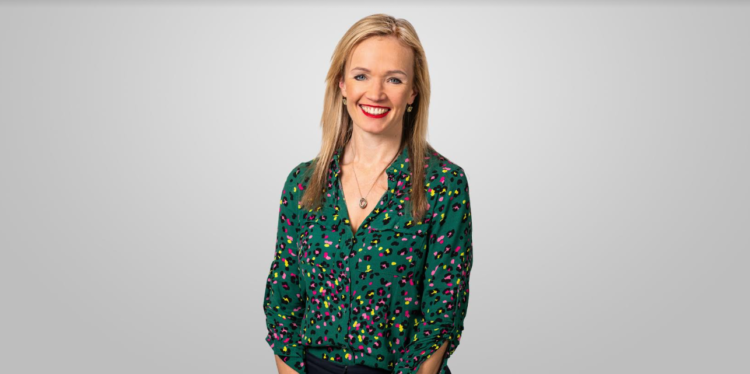The number of whistleblowing reports has continued to rise across the UK and Europe as modern slavery emerged as statistically significant for the first time.
Data in the annual ‘Whistleblowing benchmark report 2024’, from whistleblowing and compliance services provider Safecall, showed that the rate of reporting has increased year on year.
In 2020, the provider received one whistleblowing report for every 520 employees, in 2021 the prevalence of reports increased to one for every 450 employees, and in 2022 it was up to one report for 420 employees. By 2023, the figure was one whistleblowing report for every 380 employees.
The report also found modern slavery was a statistically significant area of concern for the first time since the report began in 2019, now accounting for 1 percent of reports.
Unfair treatment accounted for 66 percent of reports, although this is a drop from 74 percent in 2019. Bullying accounted for 16 percent of reports, harassment 8 percent, discrimination 6 percent, and victimisation 1 percent.
Report author Greg Ogle, operational excellence manager at Safecall, said: “There has been growing concern among UK businesses regarding modern slavery over the past year, and the findings of our benchmark report support this. Construction companies have been identified as hotspots for reports surrounding modern slavery.
“It should be noted that the emergence of modern slavery reports does not mean it has suddenly become an issue for the first time, rather it is an indication of a growth in awareness and confidence in raising such concerns.”
As whistleblowing requirements have been extended to apply to supply chains in many national legal frameworks, he said, the onus is on employers to take proactive measures to identify and eradicate these exploitative practices from their supply chains.
The data in the report, based on anonymised data from more than 1,000 organisations, also showed that in 2023 there was a sharp increase in reports from the education sector, and the logistics and manufacturing sectors. Safecall noted a decrease in reports from the construction and healthcare sectors.
The provider said it received reports from more than 130 countries and that in 2023 it received the greatest number of reports ever.
Ogle said that with an increased awareness surrounding whistleblowing and confidential reporting, led by the EU Whistleblowing Directive, external reporting facilities are becoming the norm rather than the exception.
Joanna Lewis, Safecall managing director (pictured), said the one thing abundantly clear from this year’s benchmark report, is the importance of organisations offering multiple reporting channels to employees for example by telephone or a dedicated online portal.
She said: “Implementing a whistleblowing hotline optimises trust in your organisation and ensures your whistleblowing policy has true reporting channel choice. By offering a choice to your employees when they make a report, your organisation can demonstrate your commitment to combatting wrongdoing and empowering the voices of your employees.
“I am pleased to see more companies and organisations see the benefits of creating a safe space for employees to live and work. Employers are increasingly seeing how such services protect the integrity of an organisation as well as the reputation of a brand.”












